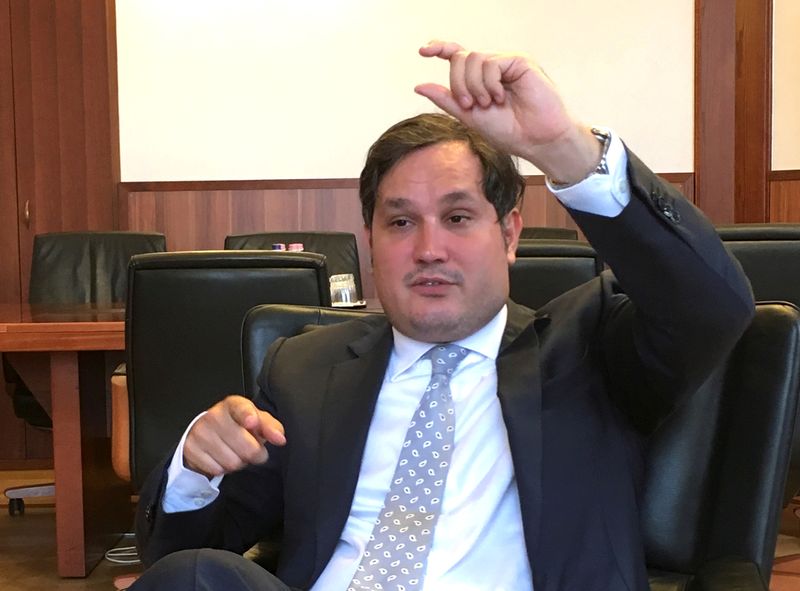BUDAPEST (Reuters) - Price caps in Hungary will have to be phased out as they are more expensive to maintain as high prices become permanent, Minister for Economic Development Marton Nagy told Inforadio on Wednesday.
Prime Minister Viktor Orban's government caps fuel prices, energy bills and the prices of some basic foodstuffs, as well as mortgage rates to shield consumers from inflation running at its highest level in two decades.
Deputy Central Bank Governor Barnabas Virag told a briefing on Tuesday that it was hard to predict where inflation could peak, but price growth was expected to rise further in coming months.
Hungarian core inflation surged to an annual 16.7% in July, its highest level in 25 years, while headline inflation rose to 13.7% year-on-year.
The limit on fuel prices was introduced last November, as prices rose even before Russia's invasion of Ukraine, and set the retail price for both 95-octane gasoline and diesel.
The cap on fuel prices and foodstuffs is set to run until October, while mortgage rates are capped until the end of the year.
The government will maintain the price caps until October 1 and will make a decision about their future one or two weeks before that date, PM Orban's chief of staff Gergely Gulyas said last Tuesday at a briefing.
Nagy said the government will consider the pace of inflation and the sustainability of each price cap as it decides on next steps.

"Sooner or later price caps have to be phased out as they are not market-friendly but anti-market steps... the question is how fast and how to reinstate" market prices, Nagy said.
The government has already narrowed the eligibility for priced-capped fuel and scrapped a years-long cap on utility prices for higher-usage households.